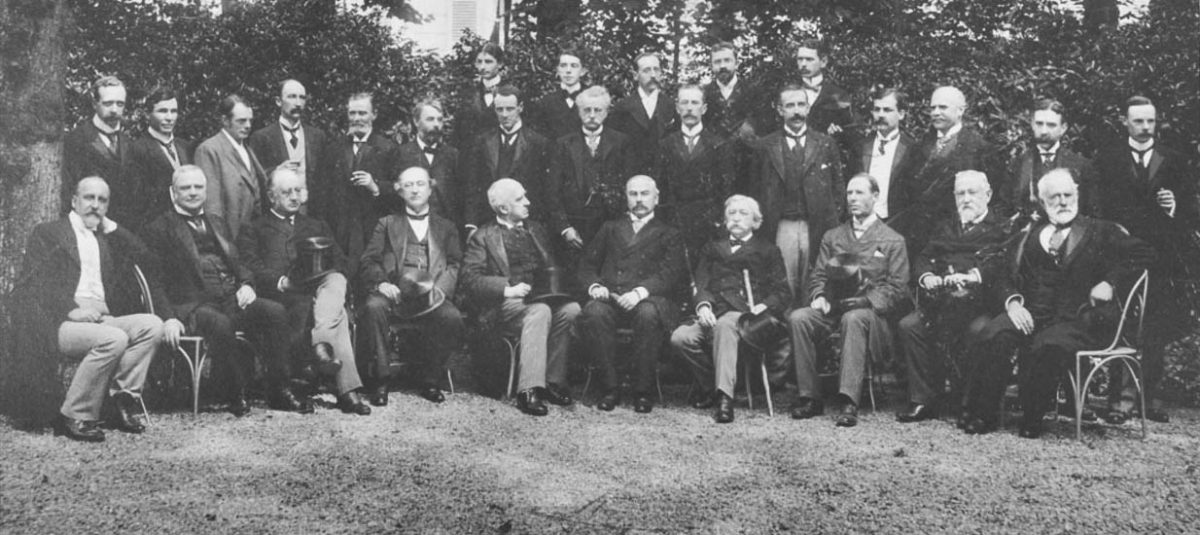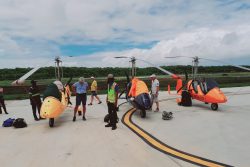The Government of Guyana yesterday hailed the 124th anniversary of the arbitral award that settled the boundary with Venezuela and reiterated that it is awaiting settlement at the World Court of the controversy that arose over the border in 1962
In a statement, the government said: “As Guyana commemorates the anniversary of the Arbitral Award of 3 October, 1899, we continue to adhere to and embrace the rules of international law and respect our pacta sunt servanda (agreements must be kept) obligation”.
It noted that Guyana instituted proceedings against Venezuela by Application to the International Court of Justice on 29 March 2018 asking the Court to settle the controversy that has arisen as a result of Venezuela’s contention, formally claimed for the first time in 1962, that the 1899 Arbitral Award Regarding the Boundary between the Colony of British Guiana and the United States of Venezuela was null and void.
“The Government of the Cooperative Republic of Guyana remains firm of the view that the Arbitral Award of 1899 is valid, and that the rule of international law and the processes of the International Court of Justice will confirm a full, final and peaceful settlement of Guyana’s claims on that basis. Guyana is committed to a path of final and peaceful settlement and will continue to adhere to the rule of International Law and the procedures of the International Court Justice. It is for honour that we call today as we celebrate on this anniversary date that Arbitral Award of Paris of 3rd October 1899 in continued respect for the sanctity of Treaties and the rule of law”, the statement said..
The statement pointed out that on 3 October 1899, the Arbitral Tribunal delivered its Award, which determined the boundary between Venezuela and British Guiana. It said that the 1899 Award culminated arbitral proceedings during which the territorial claims of Great Britain and Venezuela were addressed at great length and in detail by distinguished legal counsel representing the two States, including through many thousands of pages of written submissions and more than 200 hours of oral hearings.
It added that for more than six decades after the 1899 Award was delivered, Venezuela treated it as a final settlement of the matter.
“It consistently recognised, affirmed and relied upon the 1899 Award as `a full, perfect, and final’ determination of the boundary with British Guiana. Between 1900 and 1905, Venezuela participated in a joint demarcation of the boundary, in strict adherence to the letter of the 1899 Award, and emphatically refused to countenance even minor technical modifications of the boundary line described in the Award.
“Venezuela proceeded to formally ratify the demarcated boundary in its domestic law and thereafter published official maps, which depicted the boundary following the line described in the 1899 Award”, the statement said.
However, in 1962 the statement noted that as British Guiana was approaching its independence from Great Britain, Venezuela recognized that it would become a neighbour of a nascent State and “by virtue of its expansionist ambition”, Venezuela abandoned the rule of law and good faith and laid claim to the Essequibo territory.










